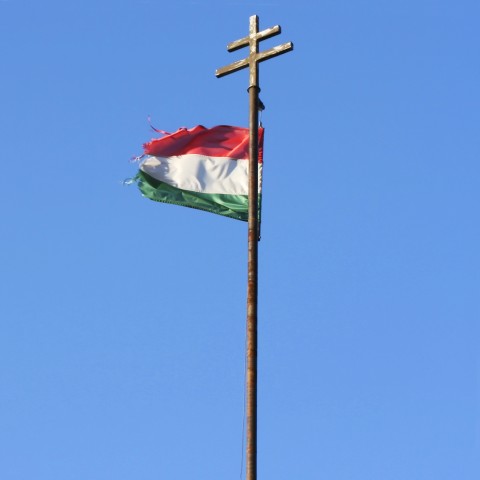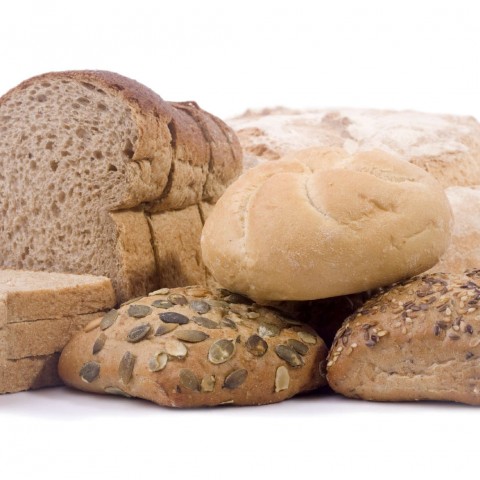Do you know the meaning of St. Stephen’s Day in Hungary? Really, there are two meanings. On St. Stephen’s Day, Hungary observes both:
- A Christian holiday to celebrate St. Stephen, the first king of Hungary
- A celebration commemorating Hungary’s 1000-year unbroken statehood
In this article, you’ll learn more about the long history behind the Feast Day of St. Stephen of Hungary, who is perhaps the most significant historical figure in the country. The effect that time and change can have on a country and its celebrations is truly fascinating, and at HungarianPod101.com, we hope to make this a fun and informative learning adventure!
By delving into the St. Stephen Feast Day, you’re opening yourself up to greater cultural understanding and historical knowledge, and this is a vital step in mastering any language. So let’s get started.

1. What is St. Stephen’s Day?
First and foremost, St. Stephen Day is a Chrisitan holiday, and is one of the oldest holidays in Hungary. It commemorates the day almost a thousand years ago when St. Stephen I relics were canonized in the Basilica of Fehérvár. This is significant because St. Stephen I was Hungary’s first king and founded the Chrisitan Kingdom of Hungary, raising Hungary from the status of a nomadic tribe to a kingdom recognized among other European countries. Further, he created the Hungarian Christian Church and the first book of laws in Hungary.
While mainly a Christian holiday, St. Stephen Day has taken on other meanings over the years.
In particular, during the communist dictatorship of Hungary, the country was forced to abandon this holiday as a celebration of St. Stephen. Instead, the country’s current dictator founded another state: The People’s Republic of Hungary, announced on August 20, 1949. This day came to be known as Day of the Constitution, and was mixed in with the Soviet Union celebration of The Day of the New Bread. At this point, it was similar to the centuriesüold harvesting ceremonies, but is essentially unrelated.
In 1989, communism ended in Hungary and St. Stephen Day could once again be celebrated as the Christian and nationalistic holiday it began as.
2. St. Stephen’s Day Date
Each year, Christians in Hungary celebrate St. Stephen Day on August 20. This is the date on which St. Stephen relics were canonized, and the date of the People’s Republic of Hungary being founded.
3. Traditions & Celebrations for St. Stephen’s Day
Today, people all throughout Hungary celebrate St. Stephen Day. In Budapest, a mass takes place outside of the St. Stephen Basilica. Following this is the procession of the Holy Right, which is the mummified right hand of Stephen I, preserved since the 11th century.
However, the most spectacular St. Stephen Day celebration is the fireworks in Budapest, often watched from the river bank of Danube.
4. Firework Dangers
Unfortunately the aforementioned fireworks are not all about amusement. In 2006, there was a huge storm during the fireworks and five people lost their lives, and hundreds were injured when tens of thousands of people tried to escape the storm.
5. Vocabulary to Know for St. Stephen Day in Hungary
Here’s some vocabulary you should know for St. Stephen Day in Hungary!
- Kenyér — “Bread”
- Szent István napja -az államalapítás ünnepe — “St. Stephen Day”
- Körmenet — “Procession”
- Fehér kenyér — “White bread”
- Szent István — “Saint Stephen”
- Pogány — “Paganish”
- Király — “King”
- Magyar — “Hungarian”
- Államalapítás — “Foundation of the state”
- Tűzijáték — “Firework”
- Szentté avat — “Canonize”
To hear of these vocabulary words pronounced, check out our St. Stephen Day vocabulary list!
How HungarianPod101 Can Help You Master Hungarian
The St. Stephen’s Day holiday is a unique facet of Hungarian culture, colored by its history. What do you think of this Hungarian holiday? Is there a similar holiday in your own country? Tell us about it in the comments!
To continue learning about Hungarian culture and the language, explore HungarianPod101.com and take advantage of our numerous learning tools:
- Insightful blog posts about a range of topics
- Free vocabulary lists covering various topics and themes
- Podcasts to improve your listening and pronunciation skills
- Mobile apps to learn Hungarian wherever you are, on your own time
- Much, much more!
If you prefer a one-on-one learning approach, or want to give it a try, be sure to upgrade to Premium Plus. In doing so, you’ll gain access to your own personal teacher and a learning plan tailored to your needs and goals!
Whatever your reason for learning Hungarian, know that your hard work and determination will pay off! You’ll be speaking, writing, and reading like a native in no time, and HungarianPod101 will be here with you on each step of your journey to language mastery.
















